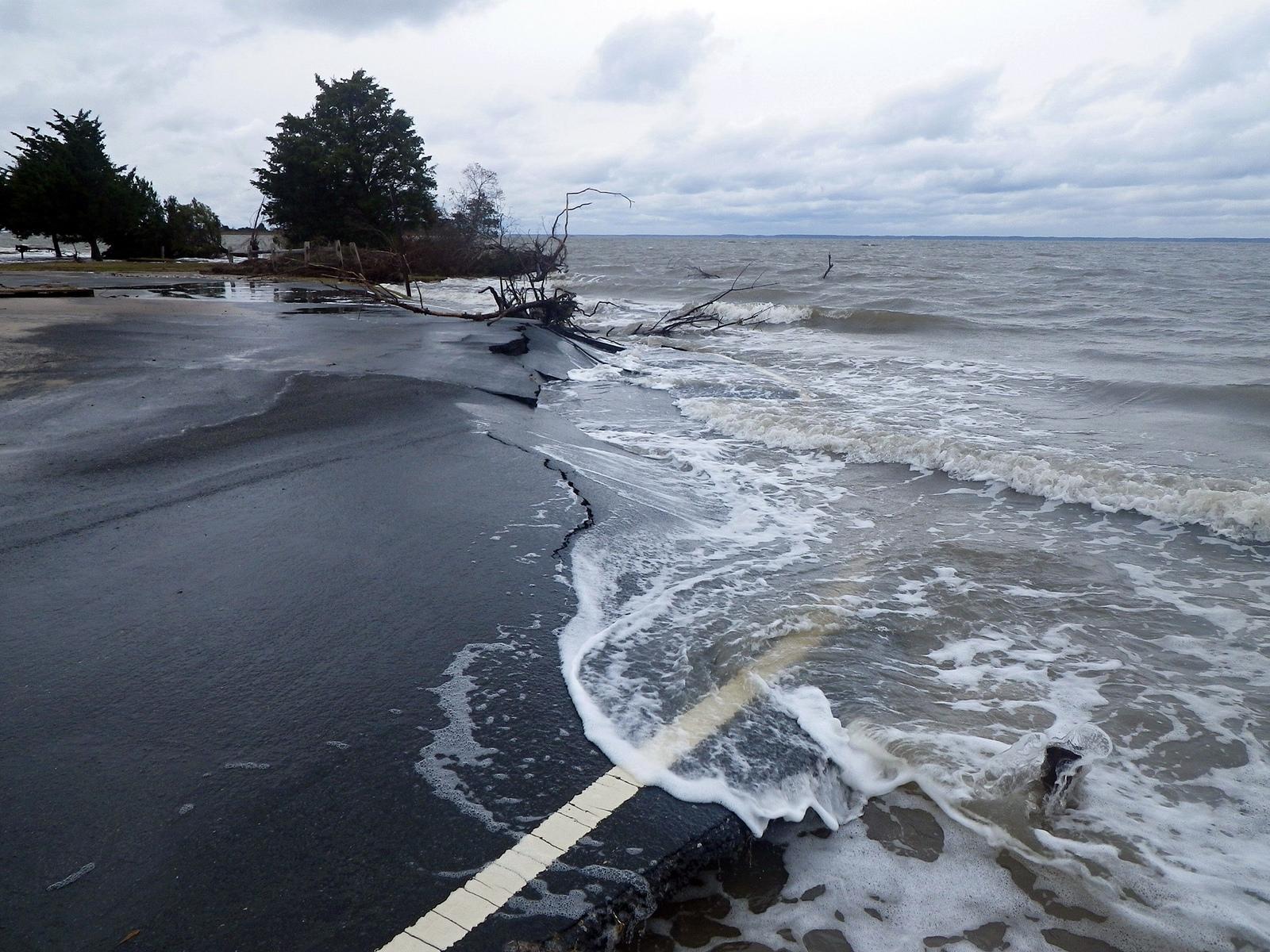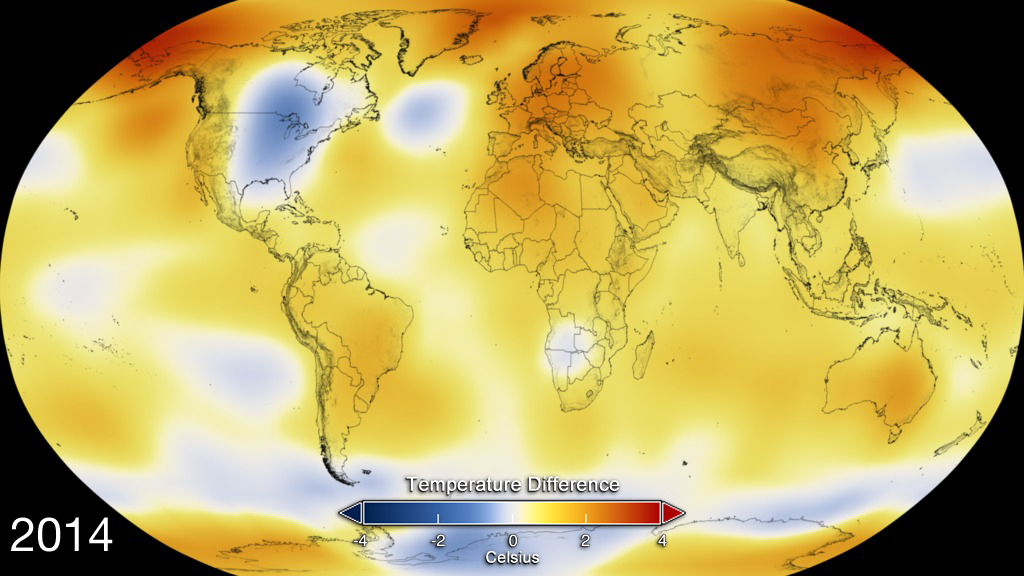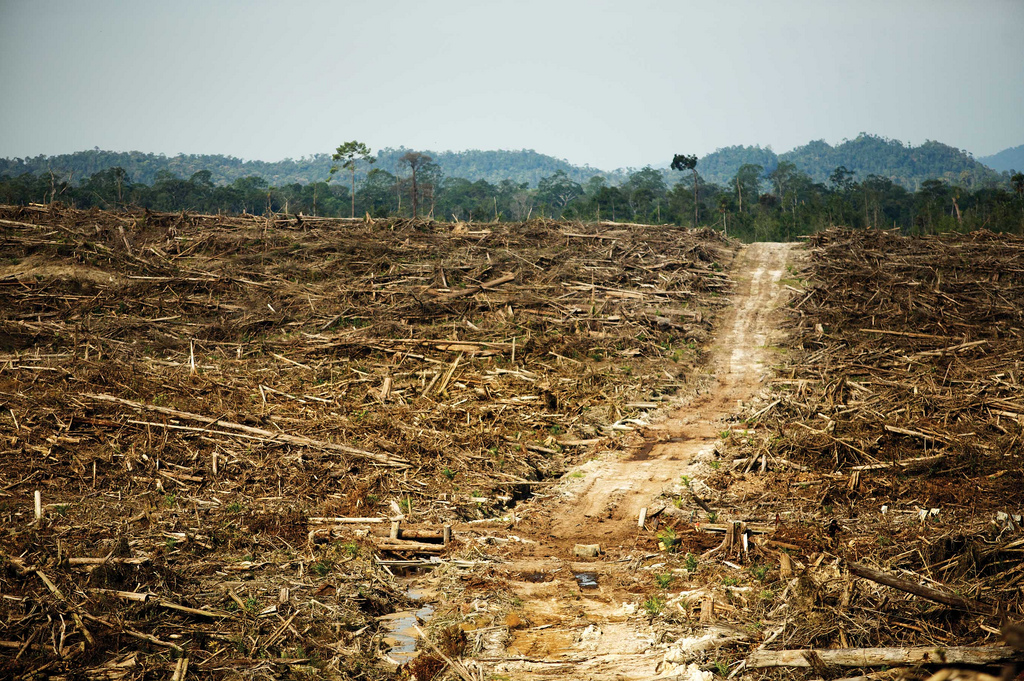Science
News, opinions and analysis related to science.
4 articles in this category
-
 Many observations have shown that sea level rose steadily over the 20th century – and at a faster rate than over the previous centuries. It is also clear from both satellite and coastal observations that seas have risen faster over the past two decades than they did for the bulk of the 20th century. More recently, several studies have shown that the flow of ice and water into the oceans from Greenland and West Antarctica has increased since 1993. This raises an interesting question: has the rate
Many observations have shown that sea level rose steadily over the 20th century – and at a faster rate than over the previous centuries. It is also clear from both satellite and coastal observations that seas have risen faster over the past two decades than they did for the bulk of the 20th century. More recently, several studies have shown that the flow of ice and water into the oceans from Greenland and West Antarctica has increased since 1993. This raises an interesting question: has the rate -
 In just 15 years the world could suffer a catastrophic global water crisis, the United Nations (UN) warn in its annual World Water Development Report. The UN report forecasts that global water demand will increase by 55 percent by 2050. If current trends of water usage continues the world could suffer a 40 percent shortfall in water supply as early as by 2030 – which could potentially have catastrophic consequences. Groundwater supplies are quickly diminishing and the report estimates that 20 pe
In just 15 years the world could suffer a catastrophic global water crisis, the United Nations (UN) warn in its annual World Water Development Report. The UN report forecasts that global water demand will increase by 55 percent by 2050. If current trends of water usage continues the world could suffer a 40 percent shortfall in water supply as early as by 2030 – which could potentially have catastrophic consequences. Groundwater supplies are quickly diminishing and the report estimates that 20 pe -
 It's now official: 2014 was the warmest year in recorded history. According to two separate analyses by scientists at NASA's Goddard Institute of Space Studies (GISS) and the National Ocean Atmospheric Administration (NOAA), the globally averaged temperature over land and ocean surfaces in 2014 was the highest since 1880 when modern records started. And, with the exception of 1998, the 10 warmest years have all occurred since the beginning of the 21st century. Prior to 2014, the Earth's warmest
It's now official: 2014 was the warmest year in recorded history. According to two separate analyses by scientists at NASA's Goddard Institute of Space Studies (GISS) and the National Ocean Atmospheric Administration (NOAA), the globally averaged temperature over land and ocean surfaces in 2014 was the highest since 1880 when modern records started. And, with the exception of 1998, the 10 warmest years have all occurred since the beginning of the 21st century. Prior to 2014, the Earth's warmest -
 Four of nine planetary boundaries have now been crossed as a result of human activity, says an international team of 18 researchers in the January 16 issue of the journal Science. The four are: climate change, loss of biosphere integrity, land-system change, altered biogeochemical cycles (phosphorus and nitrogen). Two of these, climate change and biosphere integrity, are what the scientists call “core boundaries”. Significantly altering either of these “core boundaries” would “drive the Earth
Four of nine planetary boundaries have now been crossed as a result of human activity, says an international team of 18 researchers in the January 16 issue of the journal Science. The four are: climate change, loss of biosphere integrity, land-system change, altered biogeochemical cycles (phosphorus and nitrogen). Two of these, climate change and biosphere integrity, are what the scientists call “core boundaries”. Significantly altering either of these “core boundaries” would “drive the Earth



